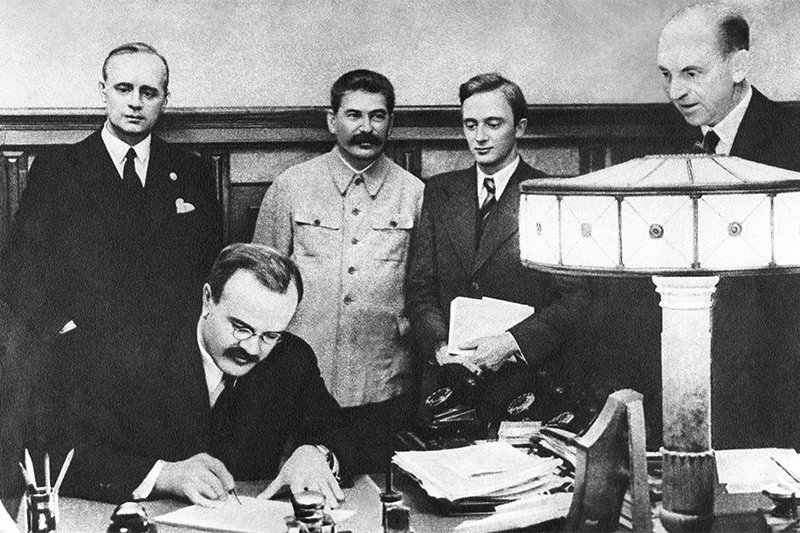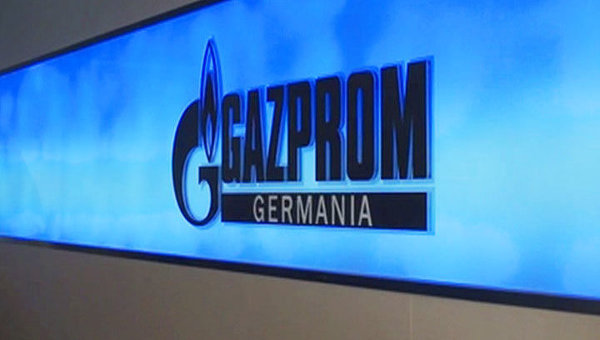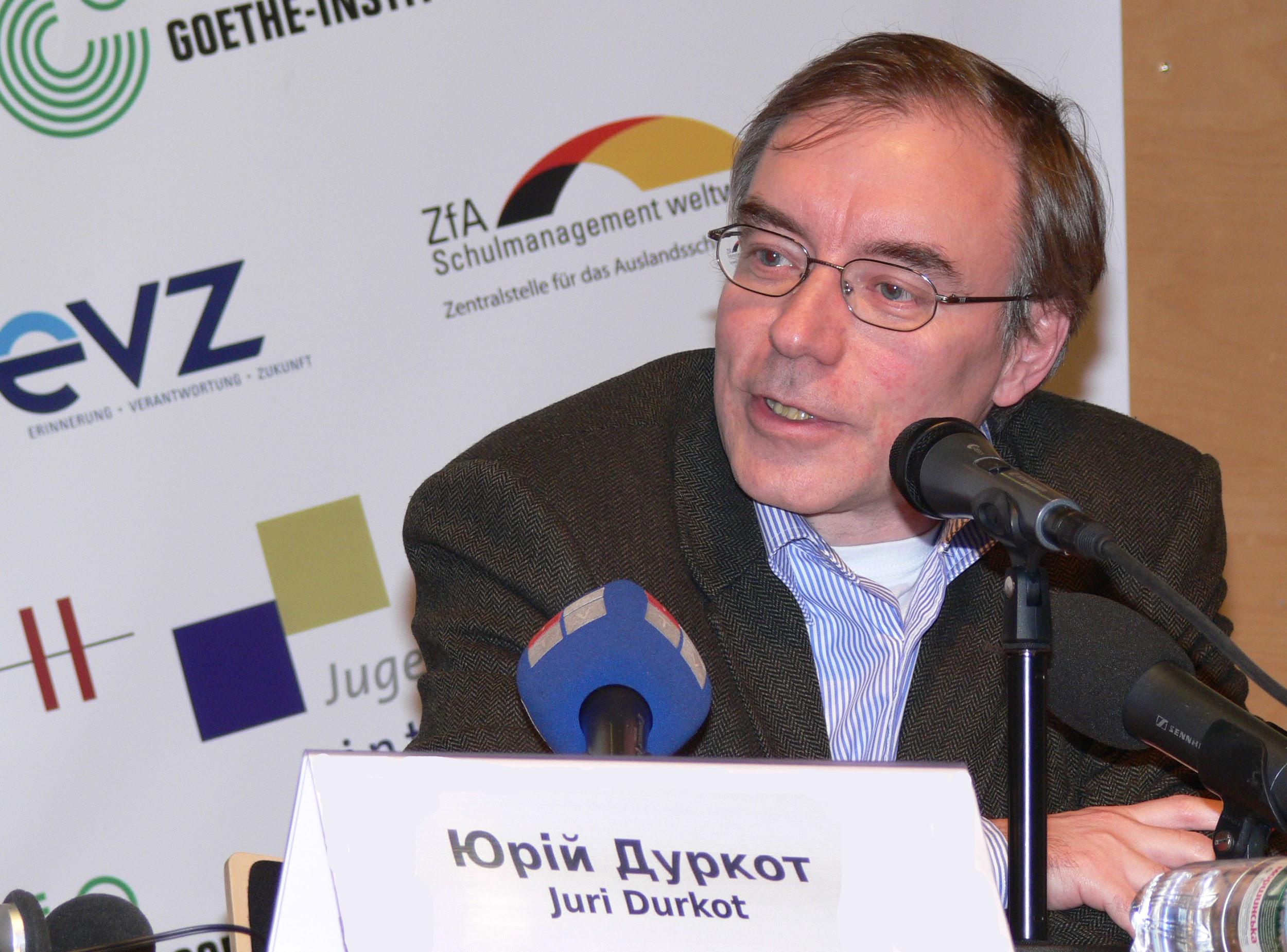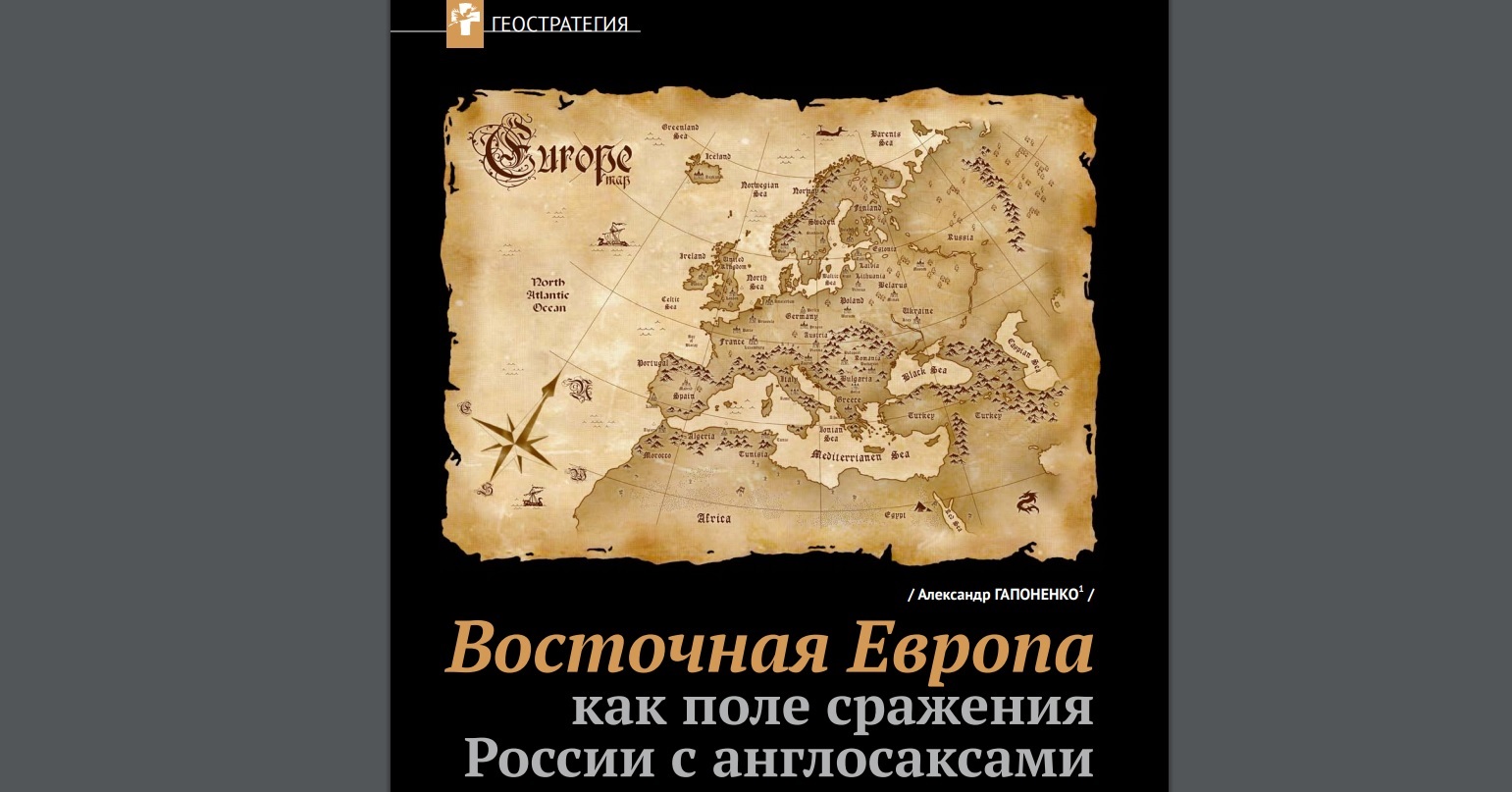In Putin’s increasingly Orwellian approach to the world, the Russian Foreign Ministry on the anniversary of the introduction of Soviet forces in Poland 82 years ago described that action not as an invasion that the Molotov-Ribbentrop Pact had opened the way for but “a liberation campaign.”
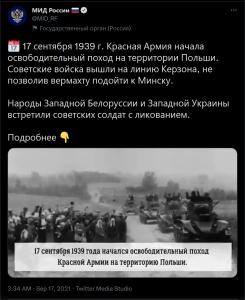
The ministry said that the introduction of Soviet forces into Poland, which it argued had already collapsed as a state because of the German invasion, was not only an effort to liberate Belarusian and Ukrainian populations Poland had seized in 1920 but also designed to defend the USSR against the possibility that Berlin would move its forces further east.
Moscow also said that Berlin had called on Moscow to move more quickly than it did but the Soviet government decided to move “only when there was a threat that German forces might press on to Minsk,” something that would have left the Soviet Union at risk of a broader invasion in 1939 and not in 1941 when it in fact came.
The foreign ministry pointed out that “by September 17, the Polish military-political hierarchy had fled to Romania, Poland had actually ceased to exist as a state. Moscow could not allow that Hitler might seize all of Poland as this would have worsened the position of the USSR in the western direction.”
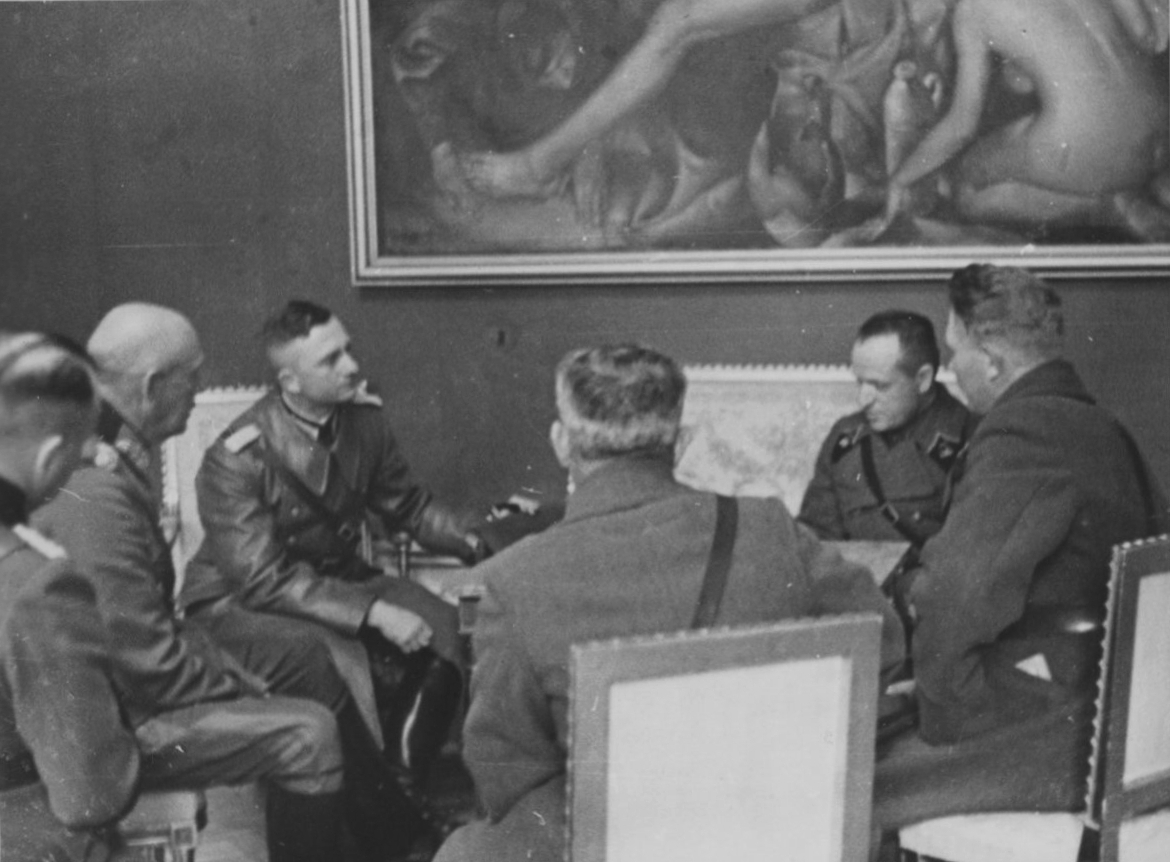
Moreover, the declaration said, “the Soviet Union was interested in guaranteeing the security of the Ukrainian and Belarusian populations in Poland … as documents testify, the Ukrainian and Belarusian population received the Red Army as genuine liberators.” Stalin couldn’t have said it better: indeed, that is what his regime did say in 1939.
Not surprisingly, many in Poland, Europe and even Russia denounced this Orwellian turn of phrase, to which Moscow responded with another declaration denouncing them for rewriting history so as to “present the USSR as an aggressor equal to Hitlerite Germany.
Read More:
- Five identical technologies the Kremlin used to invade 1939 Poland and 2014 Ukraine
- Russia’s “ping pong” policy on Molotov-Ribbentrop Pact
- Stalin’s NKVD and Hitler’s Gestapo cooperated closely even before Molotov-Ribbentrop Pact
- Five lessons for today from the 1939 Molotov-Ribbentrop Pact
- The real reason the Kremlin will never completely disown the Molotov-Ribbentrop Pact
- ‘Molotov is alive and looking for a new Ribbentrop,’ Lithuanian foreign minister says
- KGB archives document Red Army’s atrocities against Ukrainian village in USSR after 1945
- Soviets executed three times as many Red Army soldiers as Nazis executed German ones

